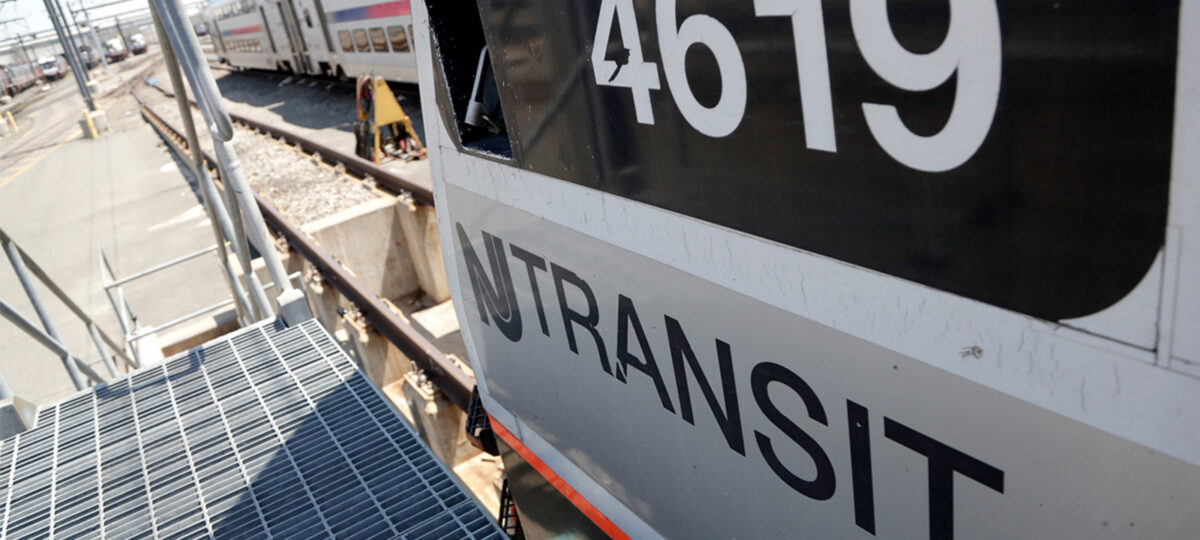NJ Transit fare hike goes into effect Monday after a month of train troubles
With a 15% fare hike for NJ Transit riders set to go into effect Monday, commuters protested last Friday outside the agency’s headquarters, saying they’ve been plagued with service delays and cancellations.
“It is unacceptable, unconscionable, indefensible to require people to pay more in a moment of skyrocketing inflation with no guarantee of improved service,” said Nedia Morsy, with Make the Road New Jersey.
The protesters also took their complaints to NJ Transit’s Friday meeting, testifying that delays and suspensions, especially on buses, have caused hardships.
One commuter said through a translator that she uses buses for work and doctors appointments and that she can’t afford to pay an extra $6 a day.
“Often times the bus can be 40 minutes late,” the translator said. “My experience with NJ Transit hasn’t been the most positive. In the summer, it’s incredibly hot.”
On Thursday, Amtrak, which gets money from NJ Transit and maintains rail lines, apologized to train riders, promising increased inspections on tracks and wires.
Friday, NJ Transit released a statement saying in part that Gov. Phil Murphy convened leadership from both the transit agency and Amtrak to announce “the immediate execution of a joint plan to expedite investigations following the recent spike in rail service disruptions.”
The governor, though, is leaving the decision on stopping the fare hike to the NJ Transit board. “We certainly are as frustrated as our customers,” NJ Transit President and CEO Kevin Corbett said.
Eliminating a fare increase is highly unlikely, according to political sources.
A NJ Transit board member says it’s not all Amtrak’s fault. “There seems to be some incredibly large chunks of the service disruptions coming from our mechanical issues,” the board member said.
NJ Transit hasn’t changed much since the ’80s and the governor says there hasn’t been much investment in the aging transportation system, but a proposed corporate transit fee in the state budget could help. The corporate transit fee taxes 600 companies in New Jersey that make at least $10 million. The tax is expected to generate $1 billion a year before ending after five years.
“One concern that still remains is that that money is not going to NJ Transit for another year, and in the meantime, NJ Transit is still potentially going to be facing serious service issues,” one person said.
The fare increase begins Monday.


